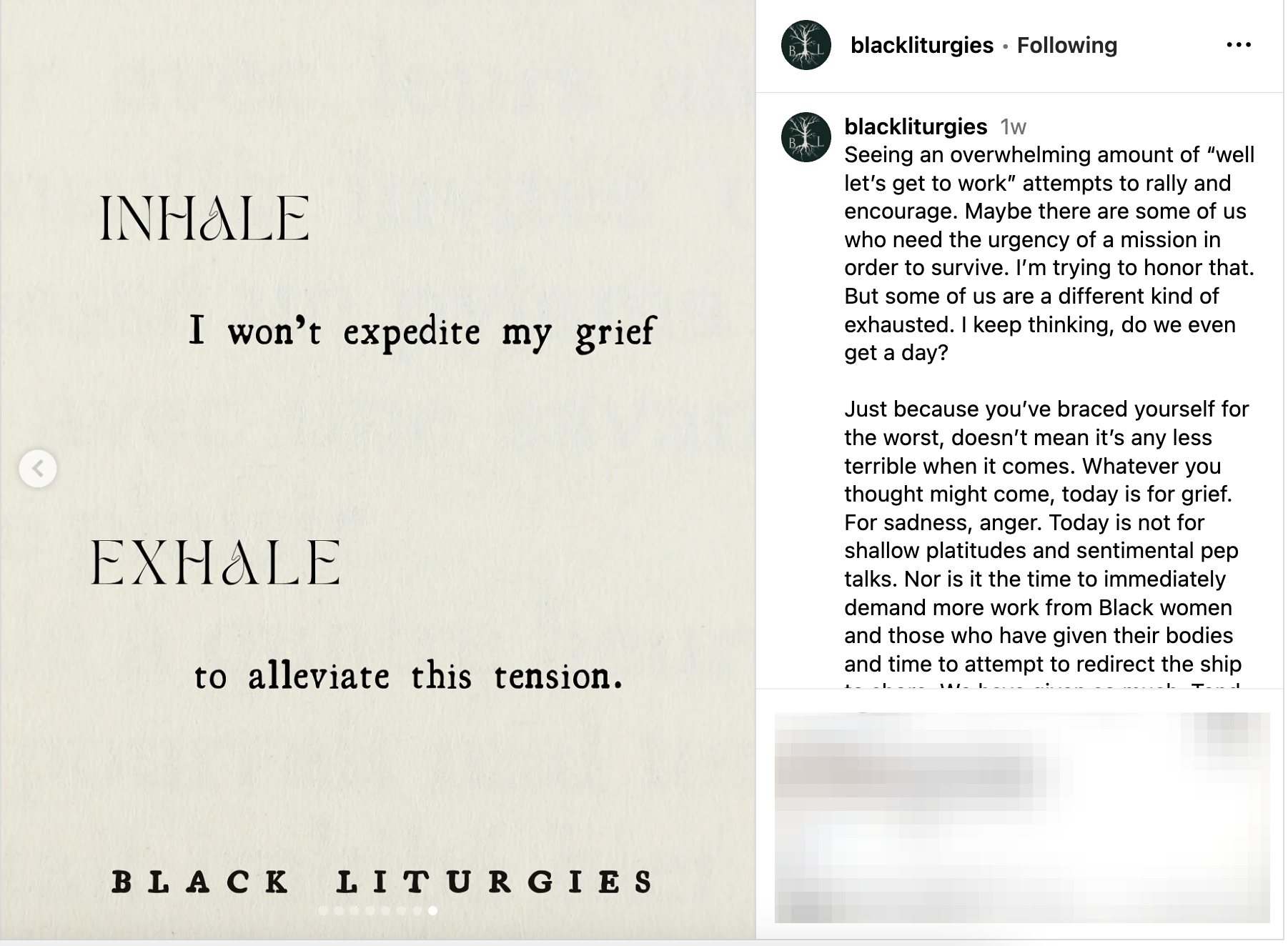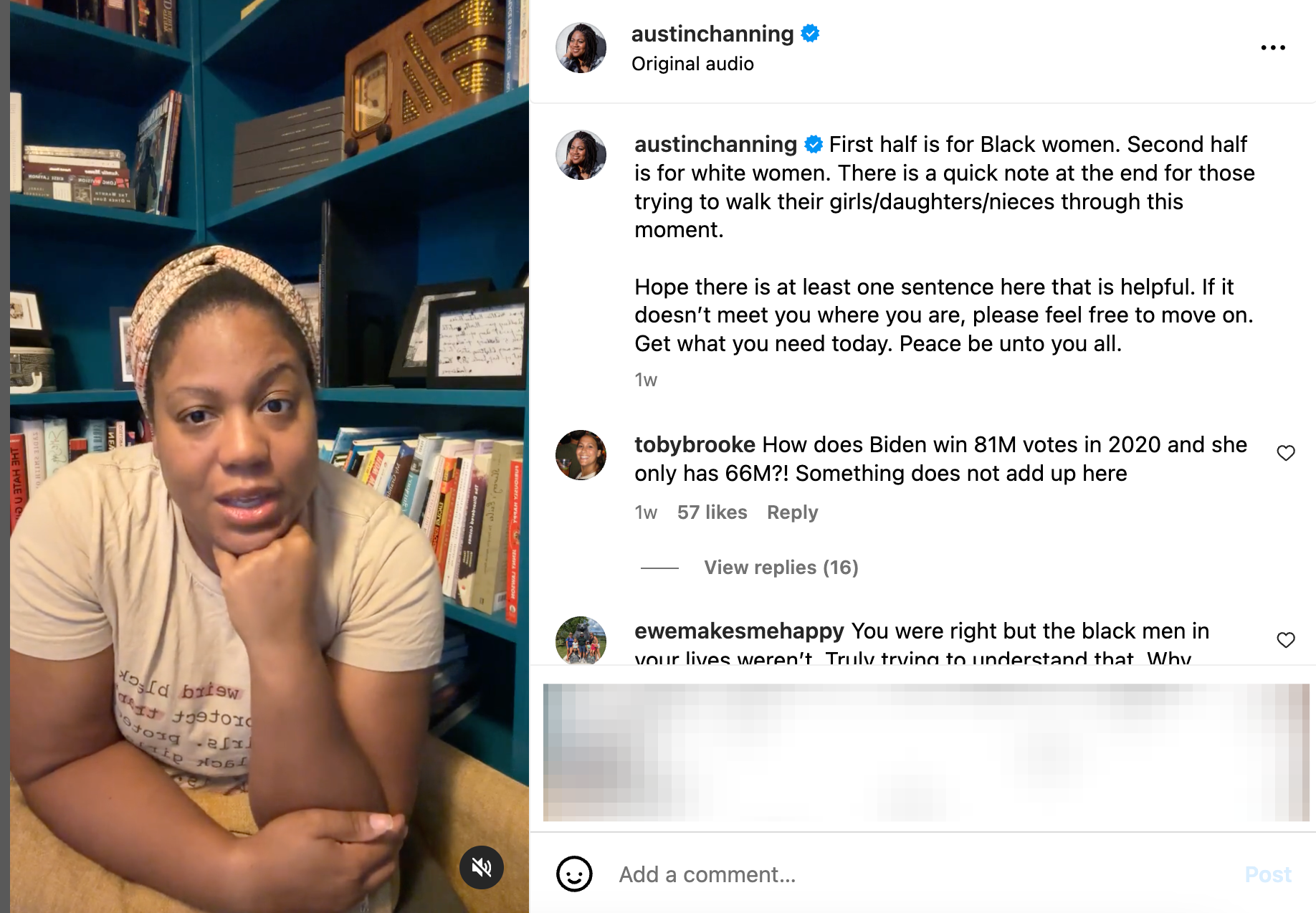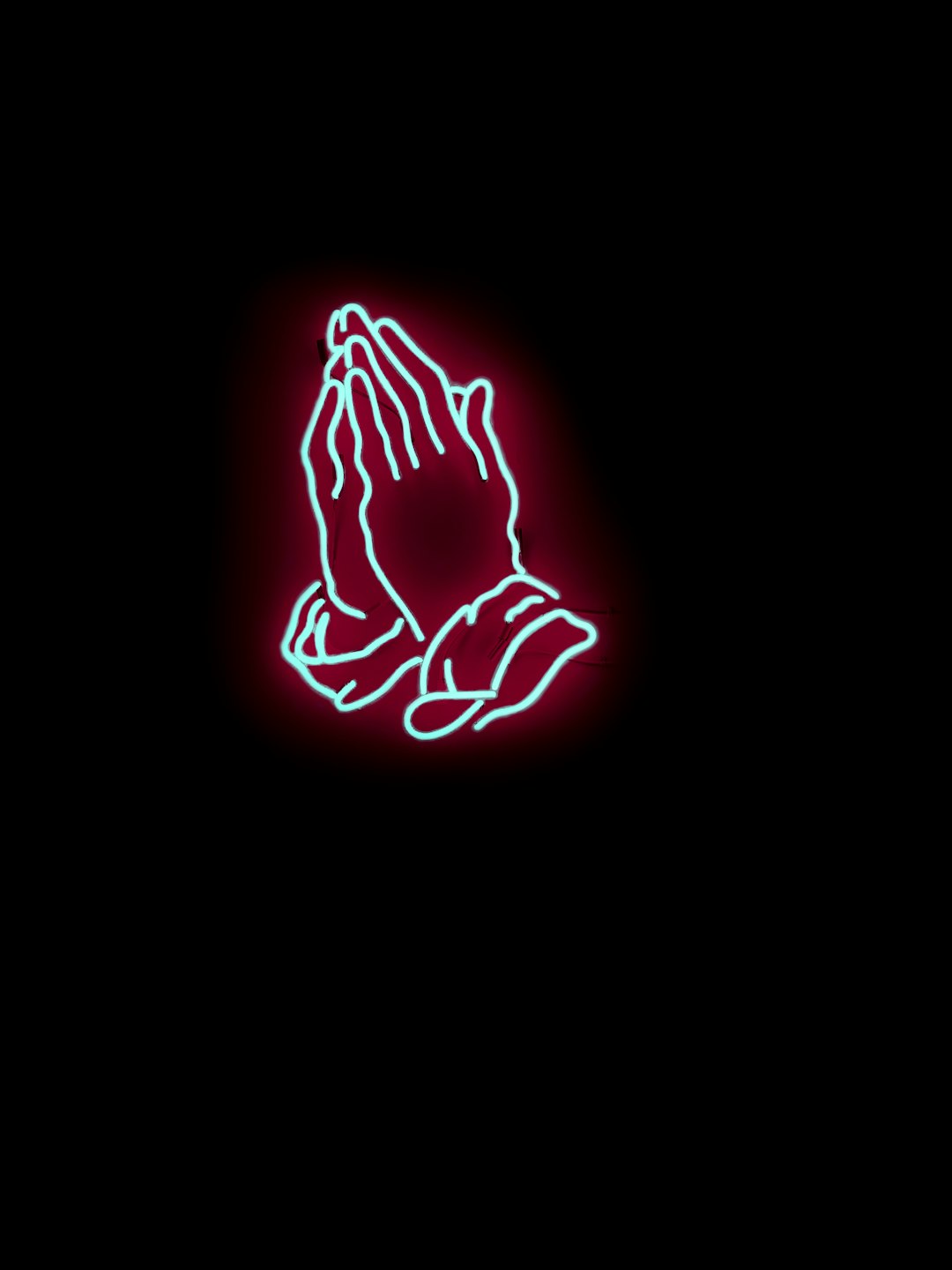Hello, friends!
Well. What a week, etc. I can already feel the unhealthy media-eating habits from Last Time starting to creep in: the headline bingeing, the mindless but anxious scrolling.
We know we need to do things differently this time. We know that being mad about the news isn't, by itself, active citizenship. I've been gathering ideas, but my brain is moving more slowly than I'd like it to.
For now, I wanted to pass along some of the best things I've read and listened to in the past week: fortifying, insightful, and brave. I hope to be back next week with, as Mister Rogers sings, "more ideas for you" (and as he would've continued were he alive today "about smashing the white supremacist patriarchy"). Click through or just read the excerpts.
For grounding



For clarity

I just love Jason Kander, who is both emotionally fluent and able to clean and load a military rifle while blindfolded. He and his cohost Ravi Gupta do a nice job here of both making space for grief and charting a straight path forward.
For a tiny bit of analysis (this one made something click into place for me)
Key moment, from Tressie McMillan Cottom, on why so many women voted against reproductive rights:
I agree that women are angry and that they were angry across the ideological spectrum. But anger doesn’t mean that they will [take] the same actions. ...
If you looked out at the post-Dobbs reality and you’re a conservative woman who may not be particularly religiously conservative and you do believe that women should have bodily autonomy — [you might have] looked at that and you thought two things: One, my husband won’t allow that to happen to our children, and two, this decision has been made; I now need to survive the decision.
And if you want to survive Dobbs, there is a strong conservative case for saying, “OK, then you make better choices in a mate who won’t put you in that position,” and more important, you get enough economic security so that you can buy your way out of the consequences of Dobbs.
This seems so right across so many issues. "Yes, these policies are dangerous—so my family and I need as much security (money) as possible, to insulate ourselves from them."
For honest, brave media (don't skip this one!)

The tech-and-innovation publication WIRED is not where I'd expect to turn for clear-eyed, resolute journalism that embraces truth and eschews both-sides mincing...except that at its helm is (name drop) my friend Katie, who's simply one of the most clear-eyed, resolute people I know. Like, one of those people with a strong core of fire reaching from the top of her head, all the way through her heart and into the magma of the earth.
Katie's editorial note last Monday was a succinct, light-touch, no-nonsense endorsement of Harris. But more than that, it was a reminder that in dire times, media outlets must—and maybe more important right now, can—tell the damn truth, clearly, with their chests. I'm really, really tired of our base assumption that News Outlets Should Be Neutral. I think I'm ready for news outlets to be honest about their position (because, hey, nothing is neutral!) and then do very clear reporting from that position.
If WIRED can do it, The New York Times and The Washington Post can do it, and we'd better hold them to it. (See also her follow-up this week, re hope & joy.)
Key section:
If you read WIRED with any consistency, our politics are probably crystal clear to you: A better future, for us, is grounded first and foremost in respect for people—all of them. That means upholding our democratic institutions; it means making an unwavering commitment to human rights and bodily autonomy; and it means recognizing that (no shit!) climate change is an existential emergency. Securing a better future also requires starting from a shared understanding of the present—a framework of reality, of what’s true and what isn’t.
Let's grieve, rest, and get ready to move in a sustained and sustainable way.
What have you read/seen this week that's helped? What questions/problems would be helpful to address here? xoxo




Member discussion: